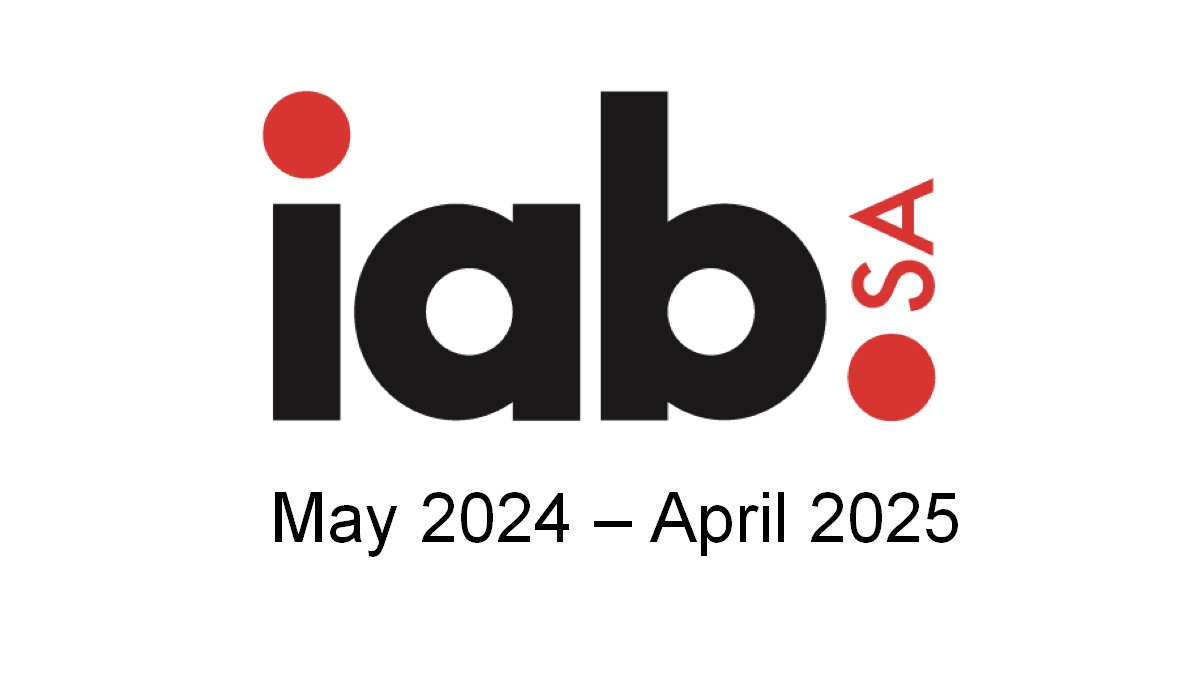Johannesburg – The Association of Black Securities and Investment Professionals (Absip) has hit out at the culling of black executives at South Africa’s financial services institutions.
Absip president Polo Radebe said the departure of Peter Moyo as CEO of Old Mutual, Thabo Dloti from Liberty, Basani Maluleke from African Bank and Daniel Mminele from Absa in the past few years painted a worrying trend.
“There is a negative narrative emerging that is worrying, which seeks to suggest that black executives are not coping in these positions or not good enough at executing what they are expected to execute. These developments and others, which might be more subtle, have left us unconvinced as Absip that the [transformation] scorecards and reports that we are seeing are a true state of transformation in the sector,” she said.
Absip is developing a “white paper” on the transformation of the sector, which it said it would present to the Department of Trade and Industry, the Broad-Based Black Economic Empowerment (B-BBEE) Commission and parliament for discussion.
Dloti resigned from Liberty with immediate effect in 2017 following a difference of opinion with the board on the company’s “immediate focus”.
Moyo was fired by Old Mutual last year over alleged conflicts of interest related to investment company NMT Capital.

Moyo is one of its founders and Old Mutual was a 20% shareholder. He is alleged to have decided to pay dividends favouring NMT Capital over Old Mutual’s interests.
Maluleke, the first black woman CEO of a South African bank, who led African Bank’s turnaround over the past three years, suddenly left the bank in January after having “differences” with the board.
Mminele also resigned from Absa in April after the parties failed to achieve “alignment in relation to the group’s strategy and the culture of transformation journey”.
He was in the role for just over a year.
The Banking Association South Africa’s Transformation in Banking Report 2020, released last month, found that significant progress was made on key metrics that track the transformation of the industry and its support for B-BBEE in 2019.
One of the milestones the report highlighted was that the percentage of board directors who are black reached 44% in 2019, while 65% of all middle managers are black.
However, the report also found that black ownership measures declined over four years, as black shareholders realise value by selling shares and diversify their investments away from banks.
However, on aggregate black ownership remains above the financial sector code target of 25%.
Lindiwe Madonsela, the head of compliance at the B-BBEE Commission, said: “We have noticed that the sector is not transforming [based on the commission’s reports]. In 2017, black ownership of financial services sector was sitting at 19.06%, with women ownership at 6.62%. Black ownership dropped to 18.5% in 2018, while women ownership saw a slight increase to 7.8%.
“Black ownership took a knock again in 2019, decreasing to 15.43% while women ownership increased to 8.7%.” The commission is fi nalising its 2020 report.
Follow @SundayWorldZA on Twitter and @sundayworldza on Instagram, or like our Facebook Page, Sunday World, by clicking here for the latest breaking news in South Africa. To Subscribe to Sunday World, click here.
Sunday World




